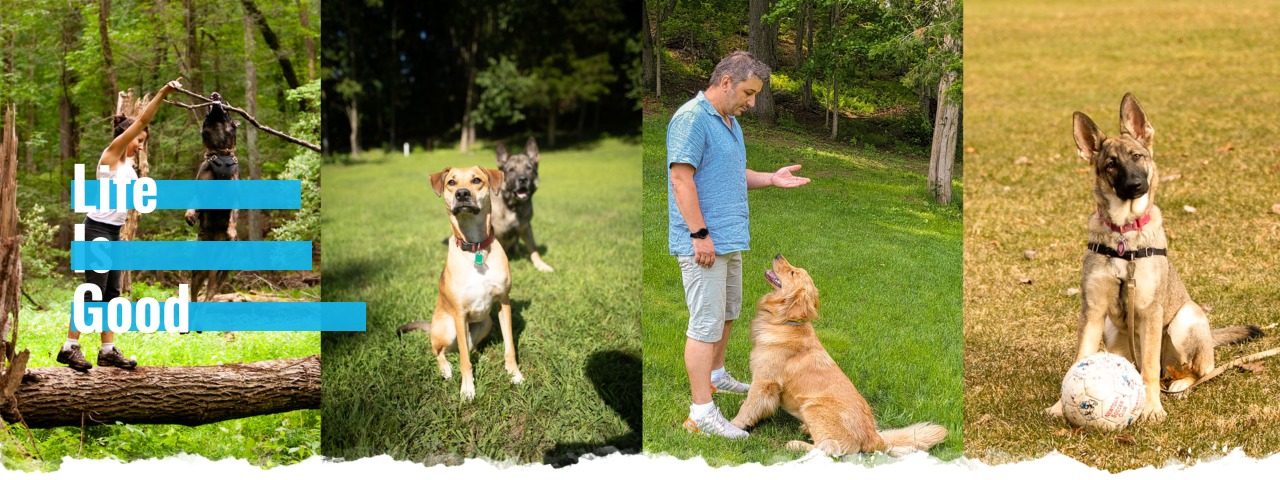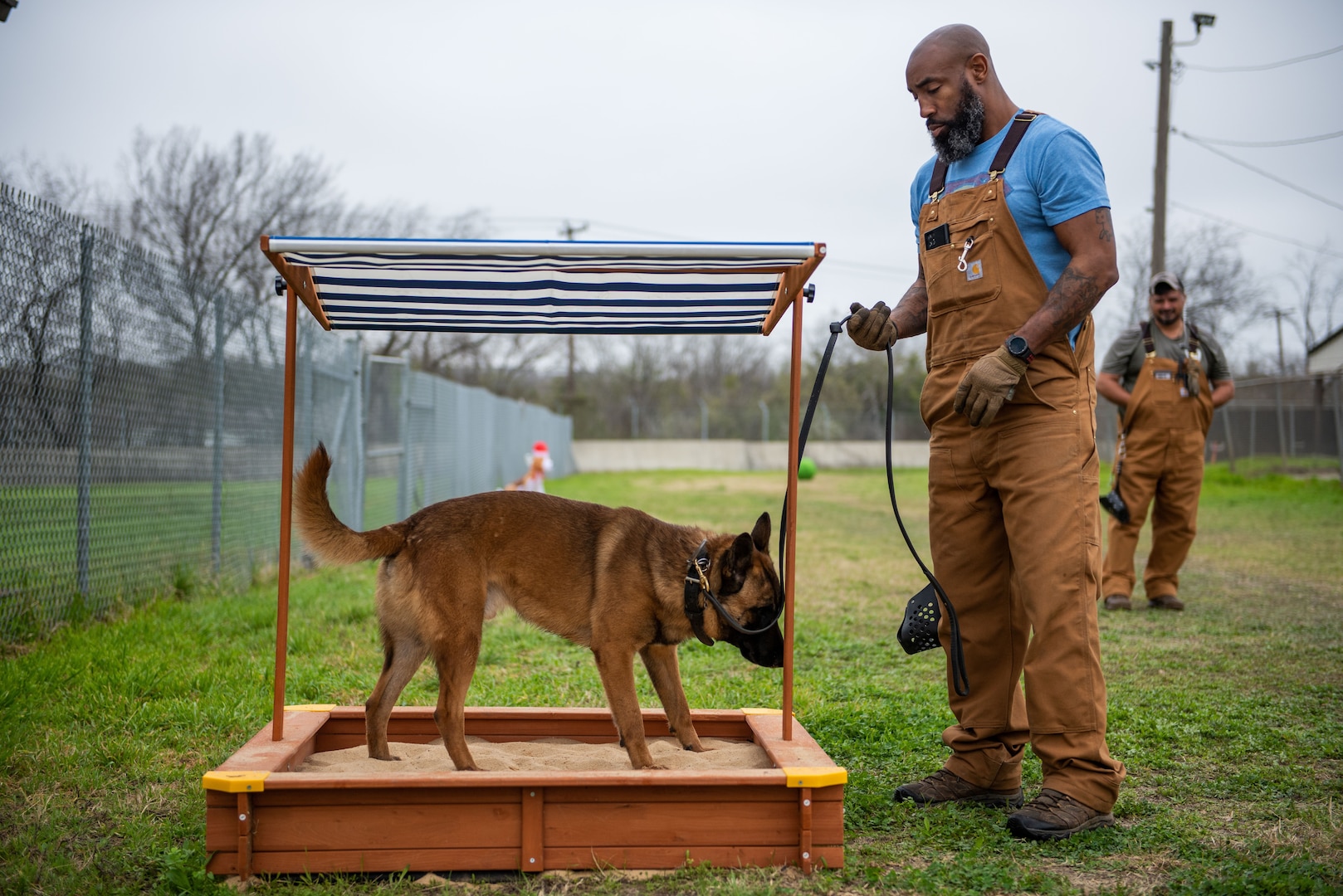How Pet Training for Pets Can Enhance Your Pet's Habits and Obedience
Effective pet training plays an essential role in boosting an animal's actions and obedience, functioning as the structure for a harmonious partnership between owner and pet. By utilizing organized methods and favorable reinforcement, proprietors can foster an atmosphere where desired actions are motivated, bring about a well-adjusted friend. Understanding the subtleties of canine habits reveals understandings into resolving prospective concerns before they escalate. Nonetheless, the journey of training is not merely about commands; it involves a much deeper exploration of the bond developed in between an owner and their dog, which can greatly influence total family pet habits. What exists underneath this procedure?
Benefits of Pet Training
When it involves boosting the bond in between a pet and its proprietor, the advantages of pet dog training expand much past basic obedience. Efficient training promotes a deeper understanding and interaction in between the dog and its owner, developing a structure of trust and respect. This good understanding not only causes much better habits yet also improves the general quality of life for both parties.
Moreover, canine training significantly adds to the safety of both the area and the canine. Dog Training For Dogs. A trained canine is much less likely to take part in dangerous actions, such as encountering website traffic or exhibiting hostility towards individuals or various other pets. Educating sessions also offer psychological excitement, which is important for a pet dog's general health, protecting against problems such as anxiousness and damaging actions
In addition, the socializing aspect of training permits canines to interact positively with other animals and human beings, lowering worry and advertising self-confidence. This skill is vital, particularly in public settings. Eventually, spending time in pet training not only results in a much more regimented pet dog but also enhances the psychological link in between proprietor and dog, enriching their shared experiences and daily interactions.
Comprehending Your Pet dog's Actions
A much deeper understanding of a dog's habits is indispensable to effective training and fostering a harmonious connection between family pet and proprietor. Dogs communicate primarily through body language, vocalizations, and habits, making it essential for owners to recognize these cues. As an example, a wagging tail may symbolize exhilaration, yet the position and speed of the wag can suggest different emotions, such as stress and anxiety or aggressiveness.
Additionally, understanding the underlying reactions and demands of dogs is important. Pet dogs are social pets that thrive on routine, framework, and social interaction.
Moreover, breed qualities might influence habits; for example, rounding up breeds might display instinctive propensities to nip or chase after. By gaining understanding into these behavioral patterns, proprietors can tailor their training techniques and assumptions to line up with their pet's distinct personality and background, thus advertising a more caring and reliable training experience. Understanding your pet dog is the initial step in the direction of establishing a mannerly and obedient companion.
Secret Educating Methods
Efficient pet dog training depends on numerous vital techniques that can considerably improve a pet dog's actions and responsiveness. This approach entails rewarding desired habits with treats, praise, or play, thus motivating the canine to repeat those actions.

Socialization likewise plays a vital duty in training. Exposing pet dogs to numerous atmospheres, individuals, and other pets aids alleviate anxiety and aggression, cultivating more well-shaped habits. Persistence and rep can not be overstated; dogs learn at their very own pace, and consistent technique solidifies brand-new abilities. By using these techniques, proprietors can grow a mannerly and participating canine companion.
Building a Strong Bond
Constructing a solid partnership is vital click here to find out more for effective canine training and general wellness. Rewarding preferred behaviors with treats, praise, or playtime not only urges obedience yet also strengthens trust in between the canine and owner.
Taking part in regular, enjoyable tasks with each other can better enhance this bond. Tasks such as walking, playing bring, or taking part in training workouts promote interaction and interaction, making the pet feel valued and safe. Additionally, making certain that training sessions are brief, enjoyable, and appealing helps keep the pet dog's interest while promoting a feeling of friendship.

Finally, patience and empathy are vital. Recognizing your dog's feelings and reacting appropriately develops a trusting setting. By investing effort and time into these methods, dog owners can grow an enduring connection with their pet dogs, ultimately resulting in improved behavior and obedience.
Preserving Consistency and Patience
Preserving uniformity and patience is crucial for successful dog training, as these high qualities develop a steady understanding setting for the animal. If a pet dog is awarded for sitting on one occasion but ignored the next, it may have a hard time to understand the wanted behavior, leading to stress for both the proprietor and the family pet.

Final Thought
Finally, canine training works as a vital component in improving a family pet's habits and obedience. By employing favorable reinforcement methods and promoting clear communication, proprietors can efficiently deal with behavior problems while promoting mental stimulation. In addition, regular commands and socializing add to a well-adjusted animal, decreasing stress and anxiety and aggression. Ultimately, the advantages of pet training prolong beyond improved behavior, reinforcing the bond in between owner and canine, resulting in a more unified conjunction.
Reliable pet dog training plays an essential function in enhancing a pet dog's habits and obedience, serving as the structure for an unified relationship in between proprietor and canine.When it comes to enhancing the bond in between a canine and its owner, the benefits of canine training expand far past fundamental obedience. Ultimately, spending time in pet training not only results in a much more regimented pet dog but also reinforces the psychological connection in between owner and pet, enhancing their shared experiences and day-to-day interactions.
Reliable dog training depends on several essential strategies that can considerably boost a dog's habits and responsiveness. Inevitably, the benefits of canine training prolong past improved habits, enhancing the bond in between owner and canine, leading to a much more unified conjunction.